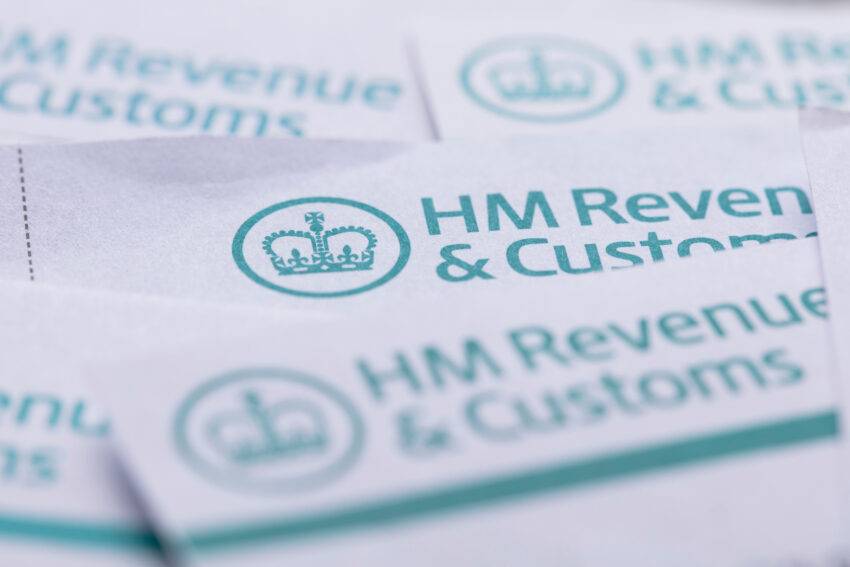HM Revenue and Customs (HMRC) has ignited controversy by announcing the temporary closure of a key helpline for six months a year, alongside reductions in other phone services. This decision comes shortly after the department faced criticism for its inadequate customer service.
A prominent MP denounced HMRC’s move, accusing the tax office of essentially eliminating avenues for telephone contact, particularly during significant periods of the year.
According to HMRC’s statement, starting this year, the taxpayer helpline for individuals required to submit self-assessment tax forms will be inaccessible from early April until 30 September. During the remaining months, the helpline will only handle “priority queries.”
Furthermore, as of April, the VAT helpline will operate for merely five days each month, while the pay as you earn (PAYE) helpline will cease handling calls related to PAYE refunds.
Nevertheless, HMRC assured that advisers would remain available during standard office hours to assist individuals unable to access online services or those requiring additional support due to health or personal circumstances.
The tax office has been actively promoting online resources as an alternative to telephone assistance, offering written guidance, recorded webinars, YouTube videos, and chatbots.
HMRC views the shift towards “online self-service” as a crucial aspect of modernizing the tax system, despite drawing criticism from tax experts following recent reports of deteriorating customer service.
In the fiscal year 2022-23, more than 62% of callers experienced wait times exceeding 10 minutes, up from 46% in the previous year, according to a report by the public accounts committee.
Moreover, revelations regarding a “VIP” hotline accessible to MPs, certain civil servants, and other influential figures have fueled public discontent over disparities in service access.
The taxpayer population has grown, exacerbated by frozen personal income tax thresholds until 2028 and increasing complexity in financial affairs. This year, over 12 million individuals were required to submit self-assessment tax forms, compared to just over 10 million a decade ago.
Critics argue that HMRC’s decision to reduce helpline services could exacerbate tax compliance challenges, particularly for individuals navigating the intricacies of the tax system.
However, HMRC defends its actions, asserting that the changes will enable staff to prioritize support for individuals with complex tax queries and those requiring additional assistance due to vulnerability. The department underscores the need to maximise taxpayer funds.


